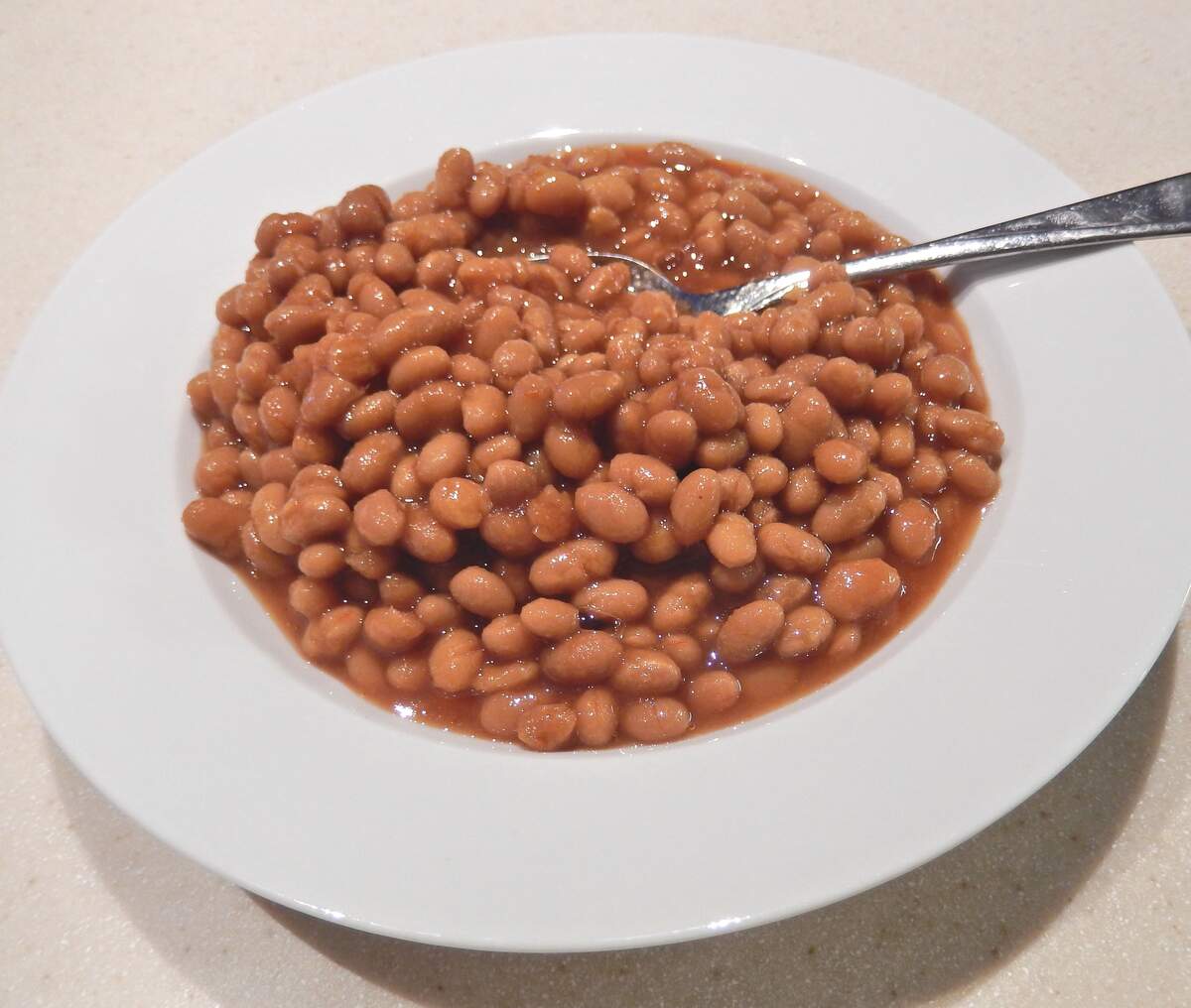

National Fart Day
Observed
annually on February 5th (since 2008)
Dates
Hashtags
Sources
http://www.holidays-and-observances.com/february-5.html
https://thoughtcatalog.com/lorenzo-jensen-iii/2015/09/the-thunder-down-under-40-fabulously-funny-facts-about-farts/
https://web.archive.org/web/20200314054648/https://www.nationalfartday.com/
https://www.buzzfeed.com/samstryker/reasons-you-should-be-not-afraid-of-farting
https://www.worldwideweirdholidays.com/january-7-national-pass-gas-day/
Everybody farts. The technical term for the gas that builds up is flatus, and when someone passes it out of their body we say they have flatulence. That's a nice way of putting it—most people just call it farting. The word "fart" was thought up in 1632; it means "to send forth wind from the anus," and comes from the Old English word "feortan," which means "to break wind." Farts can travel at speeds of about 10 feet per second, almost 7 miles per hour. On average, people fart about 14 times a day, producing enough gas to fill up a balloon. This means everyone should have multiple opportunities to fully celebrate National Fart Day.
People often fart after eating beans. Other foods that are flatulence enablers include cabbage, broccoli, cauliflower, brussels sprouts, eggs, and dairy products. Pressure builds up while foods such as these are broken down and digested in the colon, and it is released by passing gas. The gas that a fart releases is a mixture of gases such as nitrogen, oxygen, carbon dioxide, hydrogen, sulfur dioxide, and methane. About 99% of gas is odorless, but it is the other 1% that can really stink up a room. The smelly component of farts is usually sulfurous. Common gases that give it its smell include dimethyl sulfide, methanethiol, and hydrogen sulfide. Foods like eggs and meat have a higher sulfur content and help produce smellier farts.
The methane and hydrogen in farts also make them flammable. This may not sound like that big of a deal, but there are examples of cows farting themselves into flames. That's right, animals fart too. And the belief that women fart less than men? It just isn't true. Fart sounds vary and depend on how much gas is released, the force at which it comes out, and the tightness of one's sphincter muscles. People who have tight anuses have louder farts.
Farts have been looked on as being humorous for millennia. The earliest recorded fart joke dates to 1900 BCE in Sumeria, when a jokester said, "Something which has never occurred since time immemorial; a young woman did not fart in her husband's lap." Fart jokes have continued into modern times, often being included in stand-up comedy routines and movies. Whoopie cushions have also been used to joke about flatulence.
Flatulists are those who fart for a living. Le Pétomane, whose name meant "fartomaniac," was a prominent flatulist in France during the late nineteenth and early twentieth century. More recently, Mr. Methane has been bringing his farting talent to the stage, even appearing on Britain's Got Talent. Farts have not only been performed on the stage, but have appeared in the writings of Shakespeare, Chaucer, and Dante. Benjamin Franklin even wrote an essay titled "Fart Proudly."
How to Observe National Fart Day
Today is for letting it out and basking in the smell. Here are some ideas on how to celebrate the day:
- Fart. There are many healthy foods such as beans and cruciferous vegetables that can help you fart more than average today.
- Conversely, if you already are a prolific farter, you could celebrate the day by learning about ways to lessen the frequency of your farts.
- Count how many times you fart today.
- Plan a trip to the World Fart Championships. They have been held in Finland in the past, having taken place in 2013 and 2018.
- Pick up a whoopee cushion and pull some fart pranks.
- Tell some fart jokes.
- Listen to some fart noises.
- Read Fart Proudly by Benjamin Franklin.
- Get some fart filtering underwear or pills that make your farts smell like roses or chocolate.





















